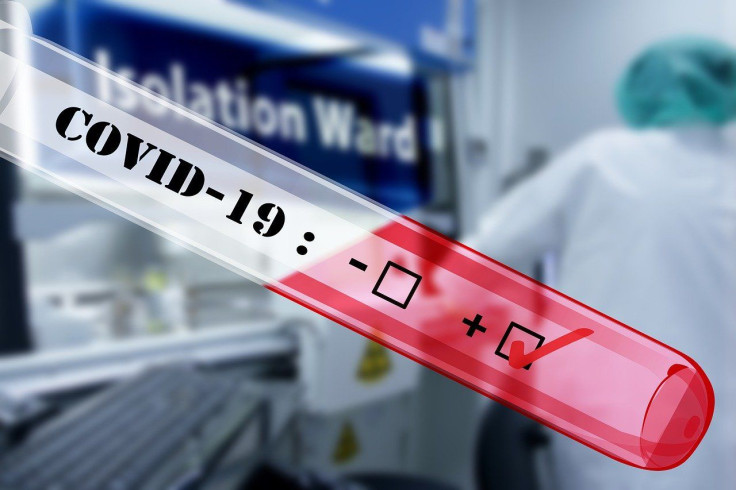Beware Of Coronavirus Home Testing Kits That Show Incorrect Information

KEY POINTS
- There is an insufficient supply of COVID-19 testing kits
- The elderly and vulnerable are being prioritized for testing
- Buyers are warned against using COVID-19 home testing kits
There is no doubt that coronavirus infection can be very dangerous, at times even deadly, particularly for those deemed to be most at risk and vulnerable. This is why this group is being prioritized for testing so health professionals may detect any infection at an early stage.
All other individuals showing symptoms of COVID-19 infection, like having a high temperature or experiencing a new and continuous cough are asked to stay home for at least seven days. This is to relieve pressure on the National Health Service due to the insufficiency of testing kits. Because of this, some people who are not classified as vulnerable are paying over £300 for coronavirus home testing kits.
Home Testing Kits
A doctor, however, has warned in an interview on This Morning at ITV that the test kits may not actually indicate if you have the infection or not. Dr. Philippa Kaye said that the COVID-19 home testing kits in the market right now is a case of profiteering. She also said that not only is it profiteering, but they are also not good.
Dr. Kaye also said that these kits are not being very sensitive or specific in providing results. In such a case, they are not necessarily going to provide a true answer. She also said that the danger in this is that such home testing kits could say you do not have COVID-19 when in fact, you do.
Sound Advice
According to the government, those who have a fever or suffering from cough do not typically need testing. Officials say tests will be primarily provided for all patients who are in critical care for acute respiratory distress syndrome, pneumonia, or having a flu-like illness.
Health providers will also be prioritizing those that require hospital admission for ARDS, pneumonia, or those with a flu-like illness. The same goes if such patient lives or stays within a residential or caste setting where an outbreak is confirmed. Caste setting examples are long-term care facilities or prisons.
Other Groups Not Deemed Vulnerable
All other individuals not belonging to these groups should self-isolate at home for at least seven days if they have a high temperature or experience a new and continuous cough. They also do not need to call NHS 111 if they go into self-isolation.
They can contact NHS 111 only if their symptoms worsen while in self-isolation or do not get better after seven days. If they are unable to get in touch with NHS 111 online, they can call through the telephone using medical emergency number 999.
© Copyright IBTimes 2024. All rights reserved.





















